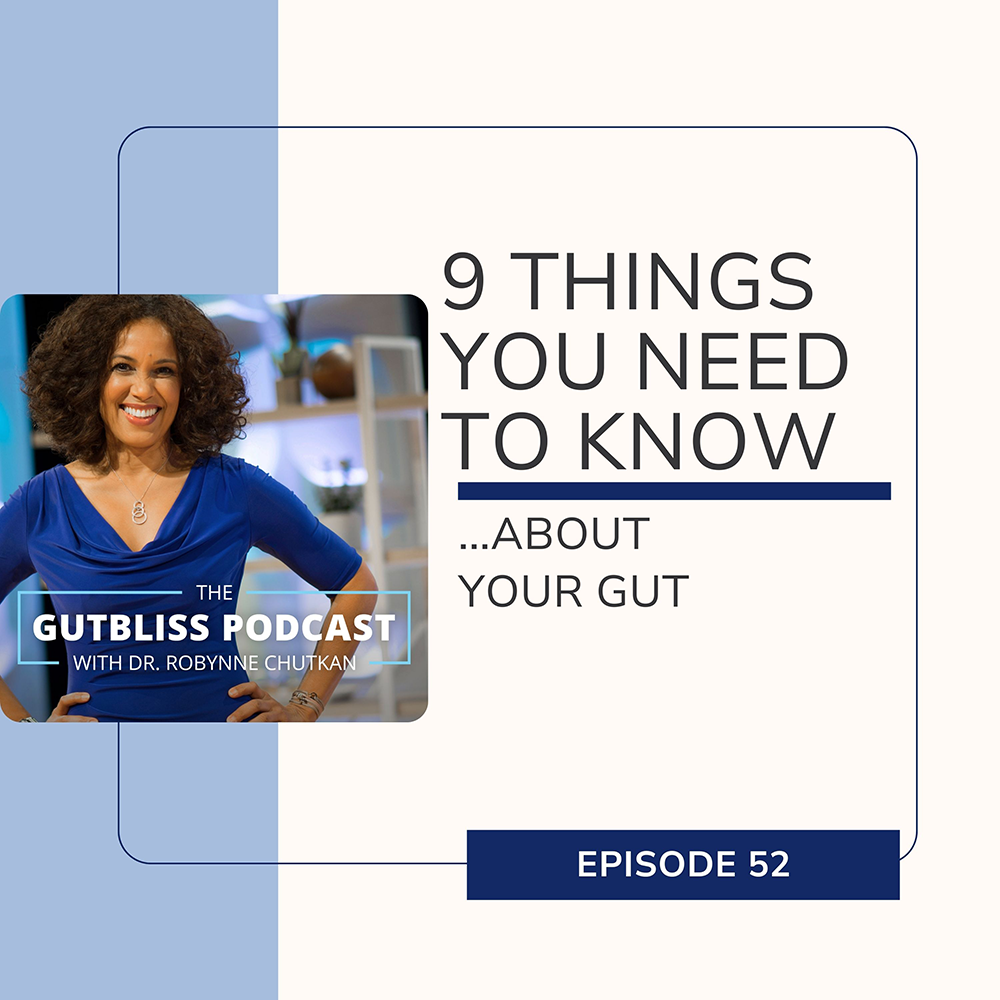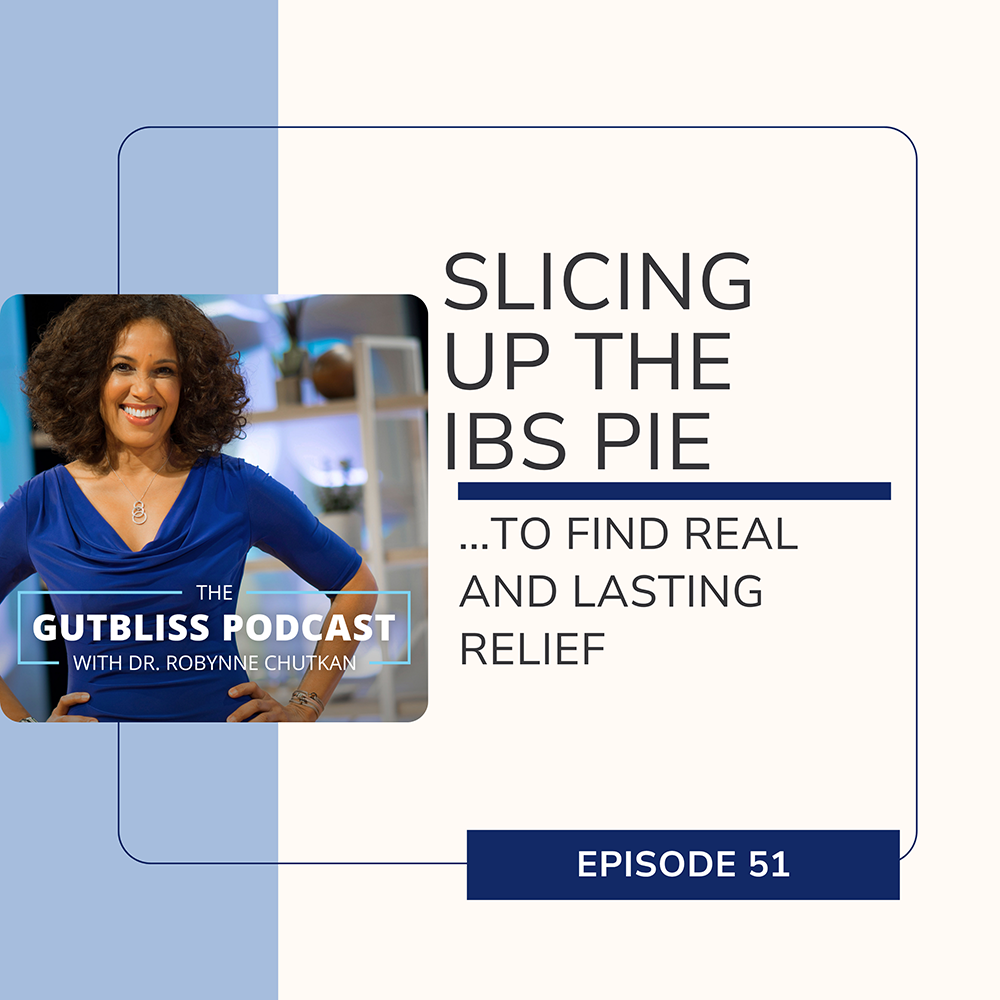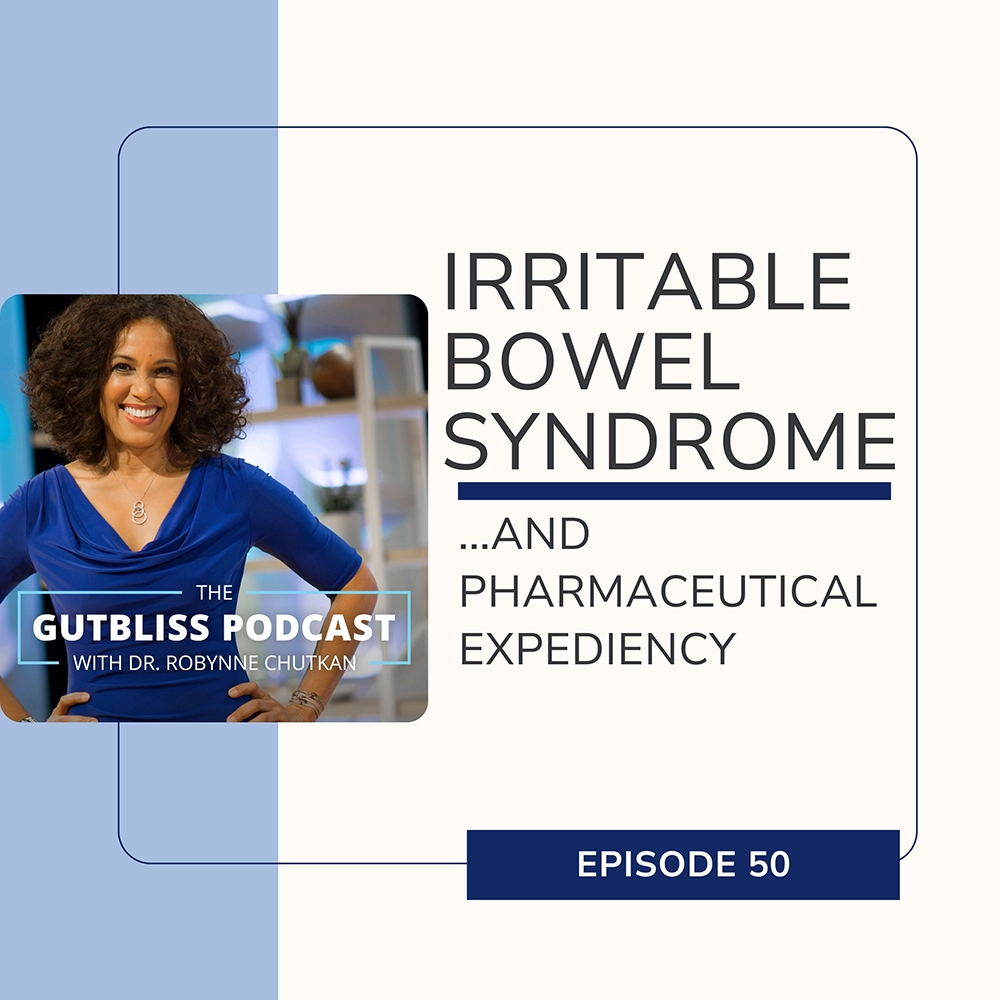On today’s show, the last episode of the year, I want to say a huge thank you for listening and supporting the podcast. Turning up every week to share what I’ve learned in my almost 30 years as a gastroenterologist is hard. It’s not the time commitment or coming up with content that’s challenging. The hard part is being brave enough to tell you what I really think. To add those editorial comments to the information I’m giving you on ultra processed foods, or why your gallbladder isn’t working, or the connection between your gut and your skin, in a way that inspires and empowers you rather than sounding like I’m blaming you. Because my intent is definitely inspiration and empowerment, not blame!
The medical industry, the pharmaceutical industry, the supplement industry, the food industry have all figured out that if they can convince you that none of your problems are related to anything under your control; not the weight you’re struggling with, not the reflux you’re experiencing, not your indigestion or bloating or IBS. If none of it is any way related to your diet or lifestyle or a medication you’re taking, then there is nothing you have to stop doing, and all you can do is take a pill, and keep on eating the same food and consuming the same products they’re trying to sell you. But the problem with that is that it takes away your power. When we come back – what kind of power am I talking about?
I’m talking about your power to make changes that can ultimately make a huge difference in your gut. Really simple things like drinking more water. I can probably solve 50% of the constipation I see in my office by just getting people to get closer to 100 ounces of water a day, just plain regular water, no electrolyte water or vitamin water or alkaline water. Just clearing any clogs in your digestive pipes with water will make a tremendous difference for most people. Not gonna make any money for the pharmaceutical industry. But going to make a huge difference for your constipation. Another empowering move: recognizing that a lot of the medications that are being marketed to you, like acid blockers and NSAIDs, and even some vitamins and antidepressants, may actually be causing your GI problems. That message really swims against the tide of a pill for every ill, you don’t have to change anything you’re doing, just take this supplement, digestive enzyme, medication, and all will be well.
In my 30 years of GI practice, I can tell you that the road to better gut health often involves removing practices that are harming your gut – rather than adding in something that is going to heal it. The tricky part is identifying what that harmful practice is and then figuring out how to remove it and what to replace it with. Because the reality is, if you are taking steroids for an autoimmune condition or antibiotics for chronic inflammation, those things are likely helping your condition. But on the flip side, they’re also creating problems in your gut and throughout your body. And I recognize that for most people, just stopping them is not a reasonable solution. There needs to be a plan for how to get those conditions under control without the harmful medications, what to use instead, what is going to work, how long it’s going to take, all of that. And that’s the critical information that I want to provide you with. Another important piece of that critical information is to also tell you when I think it’s OK to use those drugs. When even a toxic medication is better than the alternative. An example of that is when I do a consultation on somebody with severe Crohn’s disease who is interested in trying a food based approach, but I evaluate them, I look at their last colonoscopy, I look at their inflammatory markers, I listen to their symptoms and sometimes my professional opinion is: you actually need this drug right now. Your disease is so severe, and this is the only thing that’s working. And I recommend that you stay on this drug for six months or 12 months or 18 months. And then once your disease has quieted down, we can think about a food based approach. And of course I want them to go ahead and start making those changes to their diet, but I also want them to be realistic that given the severity of their disease, diet alone is unlikely to be the answer. I want to be very clear that I am not anti-medication. I’m so grateful that we have these powerful drugs that can be life altering and sometimes life saving for so many people. But my goal is always to help you figure out what is the most judicious approach and to build that approach on a foundation of diet and lifestyle that is going to help make you and your gut healthier. And it is truly my honor and pleasure and privilege to be that trusted source who turns up every week to bring you science-backed, clinically relevant gut health information.
I want to leave you with three takeaways for the end of the year – nothing profound, stuff you already know, but maybe you just need a little reminder:
1. Consistency is key when it comes to improving your gut. You can’t cut through a rock by turning a water hose on it, but dripping a couple drops of water on it every day will eventually cut through even the hardest stone.
2. Focus more on what you’re missing in your diet than what you need to eliminate. Sure the ultra-processed foods and the refined sugar and the alcohol are really bad for you, but what your gut microbes need most is unprocessed plant fiber. Throw a little spinach in with those eggs, grab a carrot or an apple as you’re walking out the door – it will make a big difference in the long-term.
3. Be kind to yourself – and others. If you don’t have a perfect day of eating, or you don’t make it to the gym, or you see someone who is struggling with their health and habits, think about what you can do or say to encourage them. Empowerment, not blame.
So that’s it for this edition of the Gutbliss Podcast, my 2024 wrap up. I can’t believe this is the 34th episode – I think that makes me officially a podcaster! Couldn’t have done it without you; thank you, thank you, thank you! And speaking of thanks, a huge thank you to my incredible editor Mike. Could definitely not have done this without you Mike. Happy holidays and wishing you all stool nirvana for 2025.









